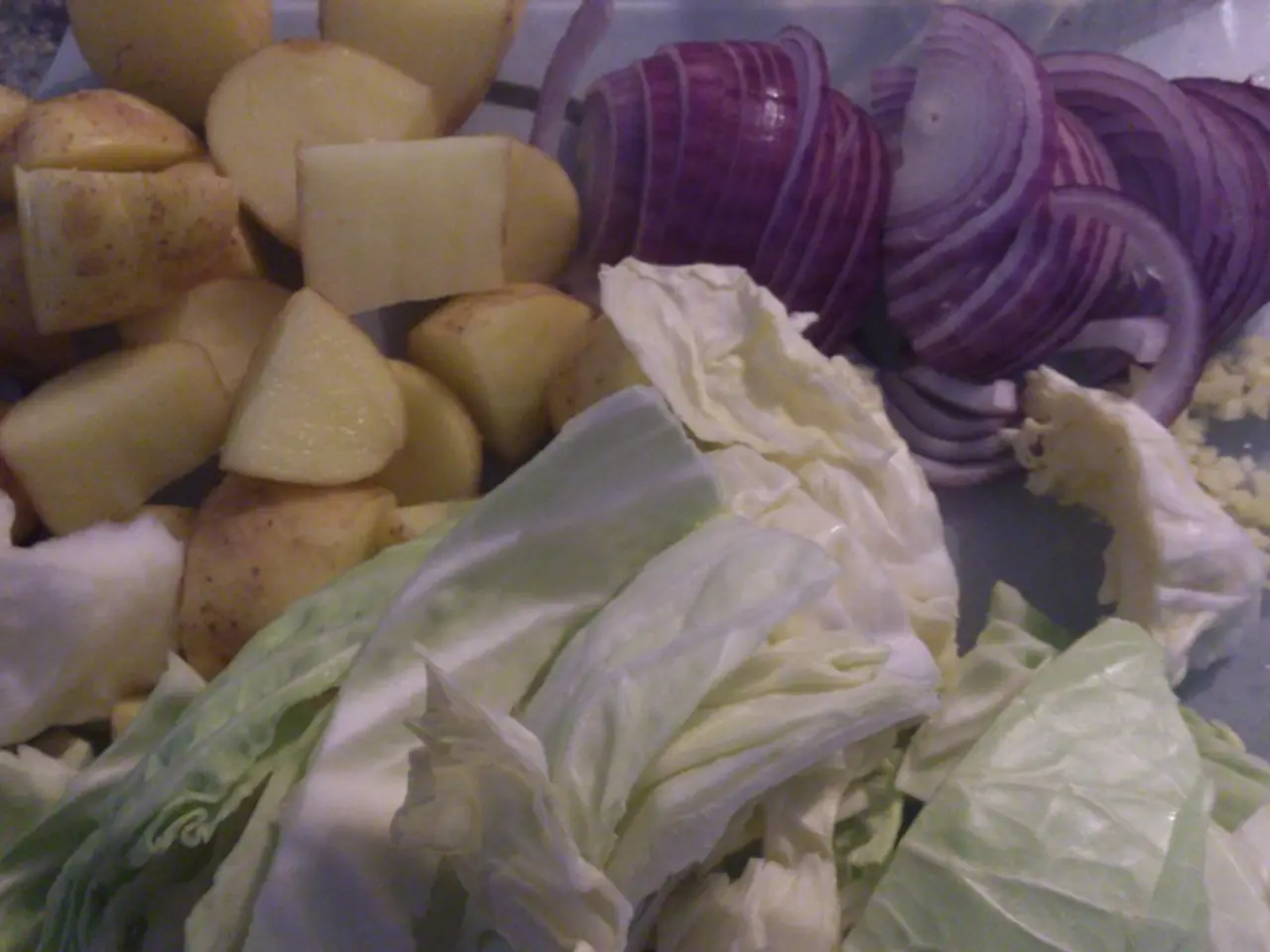Cultivating Mayberry, Radish, and Chinese Cabbage: Gardeners Educate Through Horticulture
In Bavaria, the GemüseAckerdemie educational program is making a significant impact, particularly at the Otto-Lilienthal School in Fürth. This award-winning initiative promotes sustainability awareness and hands-on vegetable cultivation in schools, engaging students in playful, research-based learning.
The program, run by the social enterprise Acker e.V., allows students to grow vegetables themselves, fostering a deeper appreciation for nature, healthy eating, and sustainable food production. At the Otto-Lilienthal School, the program is integrated into the educational curriculum, providing practical gardening opportunities that help students understand ecological cycles, the origins of food, and the importance of sustainable agricultural practices.
The school's garden, known as the 'Beereneck' area, is a bustling hub of activity. Here, students tend to school-owned vegetable beds, sowing a variety of crops such as turnips, radishes, Chinese cabbage, and even lesser-known varieties like palm kale. The herb bed in the 'Beereneck' area introduces students to medicinal and culinary herbs, broadening their understanding of the plant world.
The benefits of the GemüseAckerdemie program extend beyond the classroom. Products from the 'Beereneck' area are used in the school cafeteria, the student-run home economics company, and the cooking club, providing a local, sustainable source of produce.
Moreover, the program promotes students' concentration, social skills, and curiosity about the animal world. Work in the school garden helps students develop awareness and values towards sustainable living, enhancing their knowledge in science and environmental stewardship.
The GemüseAckerdemie program is supported financially by AOK Bayern, with the ultimate goal of introducing 7,000 students in the Free State to nature. The program is part of a broader movement in Germany supporting ecological education and sustainability in schools, promoting principles of nature respect, healthy diet, and environmental responsibility among young learners.
In summary, the GemüseAckerdemie educational program at the Otto-Lilienthal School in Fürth is a shining example of how experiential gardening, environmental education, and research-based learning can empower students to connect actively with sustainable food production and ecological values.
- Through the GemüseAckerdemie program, children are learning the importance of sustainable living and ecological cycles by growing vegetables themselves and broadening their understanding of the plant world with medicinal and culinary herbs.
- The GemüseAckerdemie program also encompasses education-and-self-development, as it promotes the development of students' concentration, social skills, and curiosity about the animal world, aligning with the principles of home-and-garden and lifestyle by fostering values towards sustainable living and environmental responsibility.




